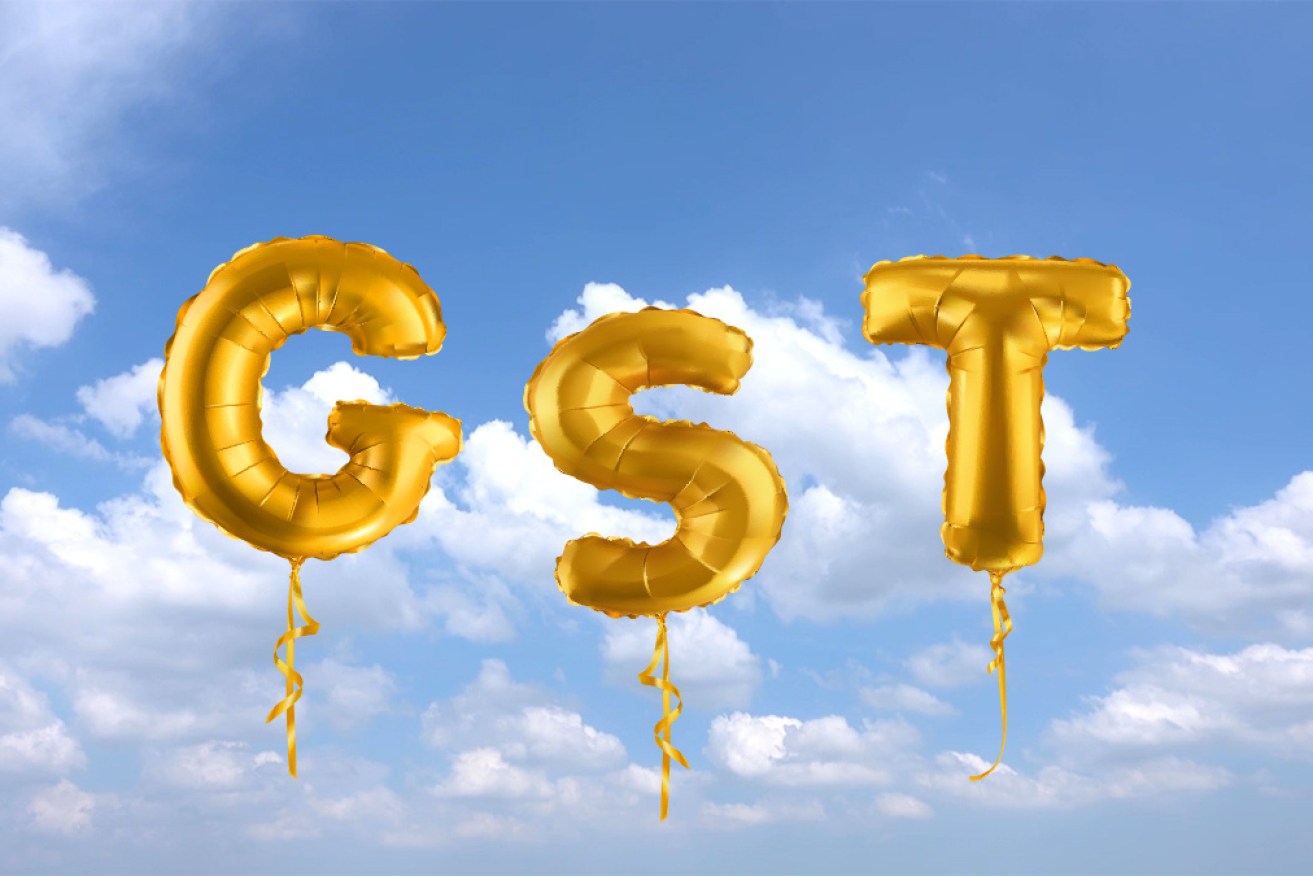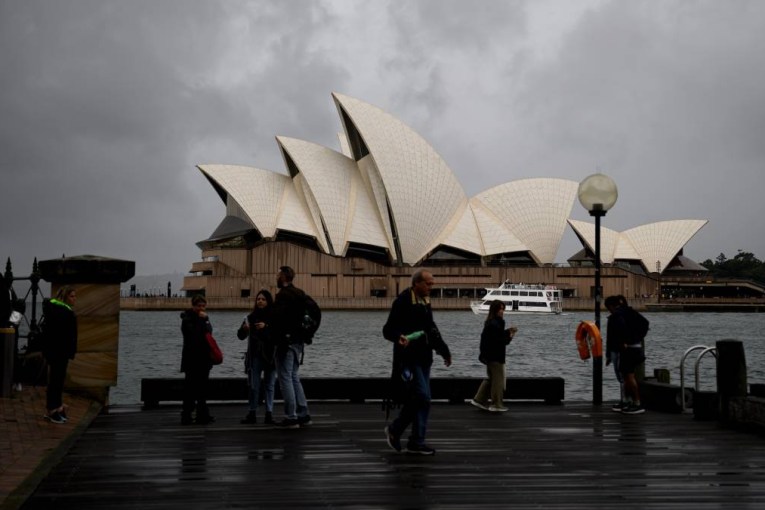The big GST myth that could stall Australia’s economic recovery

There's a hard conversation we need to have about GST. Photo: TND
It is a sad indictment of the national imagination, but in Australia at the moment the “tax reform” debate seems to begin and end with the Goods and Services Tax.
However, increasing the GST is the high-hanging fruit of tax reform. There are so many other tax changes that warrant more immediate attention that would deliver a better economic dividend with less political pain.
Imposing the GST on fresh fruit and vegetables is a politician’s nightmare. If Australians thought that a price on carbon emissions was “a great big tax on everything”, imagine how they would receive a GST increase that actually deserves that description.
Supporters of GST reform argue that it is efficient, raises much needed revenue for government services and simplifies the tax system.
All else being equal, a small number of simple taxes is preferable to a large number of complicated taxes.
his is true enough, but is a tax that applies to frozen pizzas and Porsches but not to apples and health insurance the worst distortion of our tax system?
If we want simpler taxes, there are half a dozen other tax reform possibilities which could raise more money, be more politically palatable or at least make our economy fairer – rather than the opposite.
When it comes to distorting the market, the 50 per cent capital gains tax concession is particularly perverse. Why should a speculator who makes $100,000 flipping a property pay half as much tax as the tradie he paid $100,000 to do the work?

John Howard considered his narrow re-election in 1998 as a ‘mandate for the GST.’ Photo: Getty
Treasury’s “tax benchmarks and variations statement”, a euphemism for what concessions are costing the budget, puts the value of the capital gains tax concession at $10.0 billion for this financial year – considerably more than the $7.9 billion cost of excluding food from the GST.
Along with the capital gains tax discount, would-be tax reformers could look to negative gearing, exceptions for family trusts and the family home, superannuation tax concessions and dividend imputation.
Closing any of these loopholes would make the tax system simpler and fairer, and generate billions of dollars in revenue but such reforms do not generate the enthusiasm that a 10 per cent tax on fruit juice and unflavoured milk does.
In the current recession and economic crisis, consumers need to be spending more – not less. As the Treasurer noted this week, aggregate demand needs a boost. An increased tax on consumption would be particularly counterproductive. For economic as well as equity reasons, tax reform should focus on taxes that do the least to suppress demand. Limiting superannuation tax concessions are an obvious choice.
The GST increase is also seen as attractive to the states and territories, who receive the revenue raised by the tax. John Howard fairly sees the GST as one of his most significant legacies, but one part of that legacy is often missed: dependence on GST revenue forces a kind of austerity on the states.
Better funding for state services like health, education and infrastructure is hostage to a politically unpalatable increase in a regressive tax. For the last 20 years, states have chosen austerity over having to fight that impossible battle.
It does not need to be this way. States could demand that some of the revenue raised by a clamp down on federal tax concessions be passed on to the states.

Iconic Australian federal election advertisement by Labor, from 1993. It was called ‘How Dr Hewson’s GST would change your day’.
Removing the capital gains tax discount, negative gearing, tax-free superannuation and other inefficient and distorting concessions would make for tax reform that is politically easier, raises more revenue and helps address the current economic crisis instead of worsening it.
The GST was a tax reform – mostly as a replacement of the antiquated wholesale tax system. In its first year, it collected an additional $8.6 billion revenue above the $15.5 billion that the wholesale tax system collected the year before.
But the introduction of carbon pricing and a super profits tax on the mining industry, if they had been implemented well and had lasted, would have had bigger beneficial impacts on Australia and its economy long term.
The next wave of tax reform could set up Australian governments to deliver decades of prosperity and quality government services – but not if they limit themselves to the GST.
Ben Oquist is the executive director of independent think tank the Australia Institute. @benoquist








